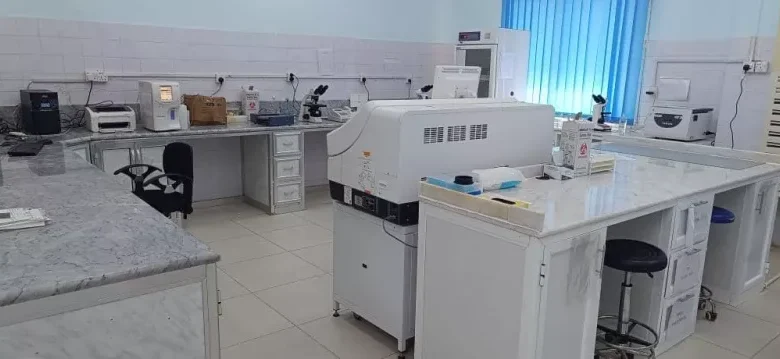
Heba Albohry
Healthcare waste refers to the waste generated from healthcare facilities and medical laboratories, and it poses a challenge for healthcare institutions in terms of proper and safe disposal.
Classification of Healthcare Waste:
– Sharps waste:
This category includes injection needles, surgical needles, and other sharp objects that may cause injuries to individuals handling them.
– Infectious waste:
This category includes blood-contaminated fabrics, infectious human tissues, and other materials carrying the risk of infection.
– Pharmaceutical waste:
This category includes expired or damaged medications, as well as hazardous chemicals used in healthcare.
– Medical device waste:
This category includes damaged or malfunctioning medical devices that contain hazardous materials such as mercury or lead.
– Non-sharp medical waste:
This category includes gloves, protective clothing, medical masks, and other tools used in healthcare.
Regarding the risks of healthcare waste, agricultural activist Dr. Nahasan Al-Kanzali explained to “Newsiman” that healthcare waste contains infectious agents such as bacteria, viruses, and fungi that can cause the transmission of diseases to healthcare workers, patients, and the general public. It can also contain hazardous chemicals and radioactive materials.
From an environmental perspective, if healthcare waste is not properly and safely disposed of, it can lead to local environmental pollution. Hazardous chemicals may leak into the soil and groundwater, affecting the ecosystem and the health of animals and plants.
Al-Kanzali explained safe and appropriate methods of healthcare waste disposal, including sterilization and temporary storage. Healthcare waste should be handled with care, and proper sterilization procedures should be followed to minimize the spread of infections. Sterilized waste should be stored in designated containers with secure closures until final disposal.
Disposal in hospitals and healthcare facilities: Hospitals and healthcare facilities usually have systems in place for collecting and treating hazardous healthcare waste. Waste is stored in special containers and then recycled or treated by specialized companies.
Disposal of needles and sharps: Needles and sharp objects should be disposed of in safe and designated containers to avoid injuries. Special containers with tight-fitting lids are often used to prevent punctures and wounds.
Disposal of expired medications: Expired medications should be disposed of in safe ways to prevent leakage into the environment. Pharmacists or healthcare institutions can be consulted for guidance on proper medication disposal.
Recycling and treatment: Recycling and treatment are sustainable methods for healthcare waste disposal. Different techniques such as sterilization, incineration, and advanced burning can be used to dispose of waste safely and environmentally friendly.
Proper healthcare waste disposal requires strict procedures to ensure the safety of healthcare workers and environmental protection. Healthcare institutions and relevant authorities should take necessary measures to ensure proper disposal.




